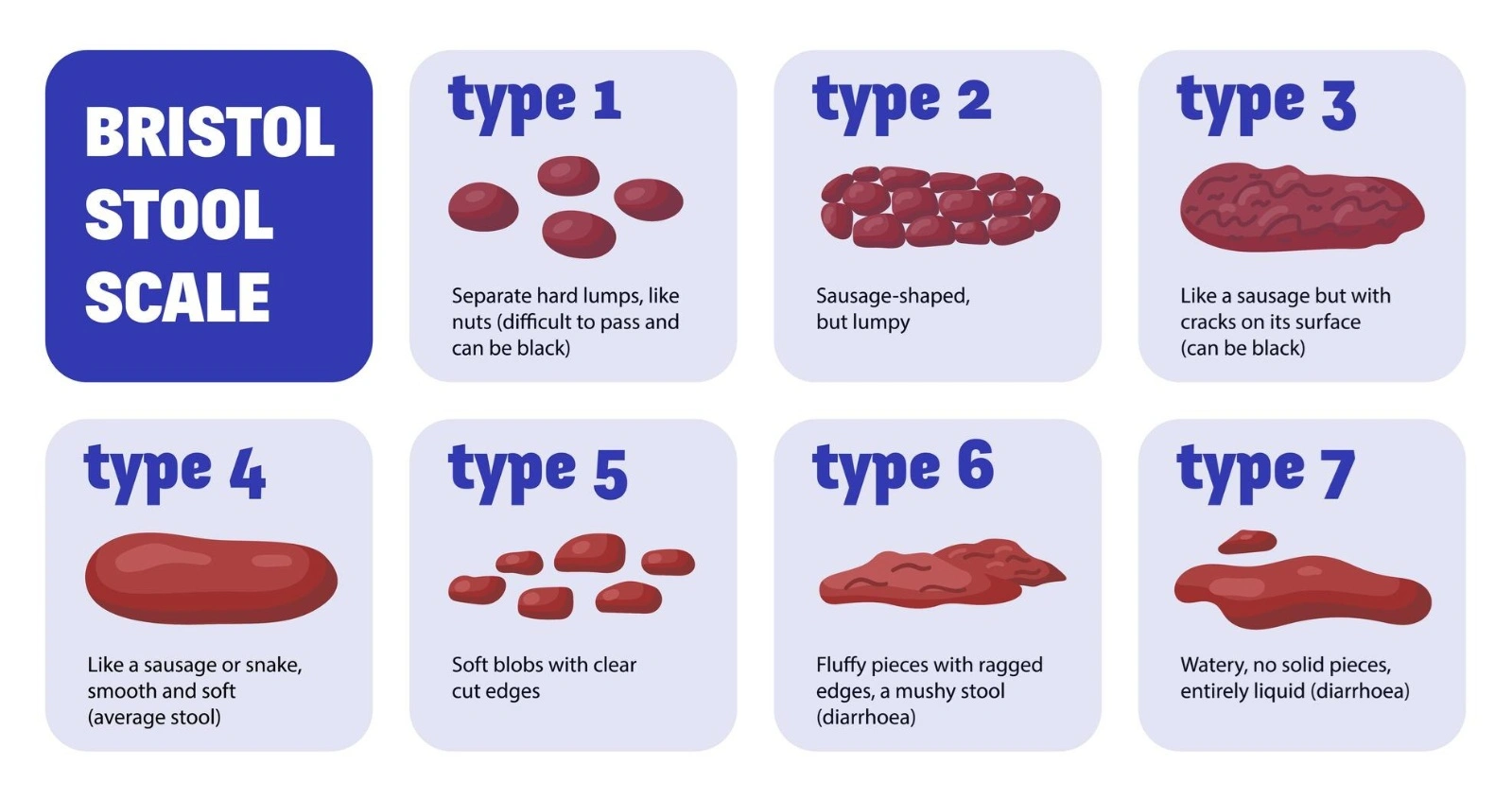What Does a Carnivore Diet Do to Your Stomach?
Different studies show that the Carnivore Diet can improve your digestive health. For example, A 2021 study revealed that a majority of participants had fewer digestive problems and more satisfaction with their health, showing the diet's positive impact on stomach health [3].
Also, if you think avoiding plant-based foods and fiber causes digestive issues on the Carnivore Diet, think again! A 2012 study showed that fiber is not as effective as many may think [4].
Here is how the Carnivore Diet can affect the digestive system.
- Animal products consumed on the Carnivore Diet are generally high in protein and fats and low in fiber, which means easier digestion as protein and fat are broken down by stomach acids and enzymes more easily [5].
- Also, a 2021 study showed that individuals with digestive disorders like IBS can experience symptom relief on a Carnivore Diet due to the elimination of trigger foods commonly found in plant-based diets [6].
- Consuming meat, which requires strong acidic conditions for digestion, can lead to a lower stomach pH. This increased acidity is effective for breaking down tough animal proteins and fats [7].
- Eating more meat can change the acid level in your stomach, which might cause a little discomfort at first. But usually, this doesn't last long as your body gets used to the diet. A 2017 study found that only a few people had stomach problems on this diet, and most people felt better overall, even with diabetes [8].
- Our gut is really good at adjusting to what we eat. A 2013 study showed that a diet consisting only of animal products can rapidly alter the balance of gut microbes. It stimulates the bacteria that can process bile while reducing the bacteria dependent on plant-based nutrients, highlighting the gut's adaptability to the Carnivore Diet [9].
[cta-meetings]
So, when you switch to a Carnivore Diet, it's normal to have some digestive changes as your body tries to adjust to the new eating habits.
But we need to ensure our digestive system is functioning properly. One of the most important factors in determining your digestive health is your stool. But what is normal pooping?
Learn More: 16-Hour Fast: Benefits and Results [The Best Foods to Eat]
What Is Normal Pooping in a Carnivore Diet?
Since the Carnivore Diet is fiber-free, it is normal to poop less often. Some people may have only one bowel movement every day or every few days, while others may experience less frequent movements without discomfort.
Actually, people who eat only meat tend to produce less waste, so they might find themselves pooping less or less frequently, but it isn't usually a sign of constipation [10].
It is all because meat takes longer to digest than plant foods, so your bowel movements will probably be less frequent but regular and predictable.
Normal Carnivore Diet poop is generally firm and well-formed, often appearing cylindrical or sausage-shaped!
The texture can be softer and easier to pass if you're well-hydrated and your overall digestive health is good. The firmness of the stool is also related to the lower fiber intake [11].
The following image shows the Bristol Stool Scale, which can also be used as the Carnivore Diet poop chart. Although every person’s stool changes based on food, types 2 and 3 below can be generally considered normal on a Carnivore Diet:

Also, during the Carnivore Diet, especially in the beginning, you should pay attention to the color of your poop. Any significant color changes can provide insights into how your body is reacting to this dietary shift.
Learn More: 10 Most Important Carnivore Diet Supplements
[cta-meal-plan]
What Does It Mean When Your Poop Color Changes on the Carnivore Diet?
The color of your stool is mainly influenced by bile, a fluid that helps digest fats. Its color can vary daily and from person to person because bile levels naturally change over time.
Stool color can vary, with shades of brown and even green being normal. However, it's important to be careful. If you notice bright red or black in your stool, which could indicate blood, you should seek medical advice immediately [12].
Additionally, if your body processes food too quickly, such as during dietary adjustments or in cases of diarrhea, you might see green stools. It happens because the rapid transit through the intestines prevents bile from fully breaking down [13].
On the Carnivore Diet, the absence of colorful plant foods might lead to less variation in stool color [14].
Also, medications and supplements can affect stool color. For example, iron supplements and some antibiotics like Rifampin can change the color of your stool to dark brown, black, yellow, or green, regardless of your diet [15].
Remember that poop color can change for various reasons, and it’s important to pay attention to any significant or persistent changes.
Also, the frequency and timing of defecation are important. Some people may experience constipation when starting this type of diet, but when can we say we have constipation on the Carnivore Diet, and how can it be controlled?






























